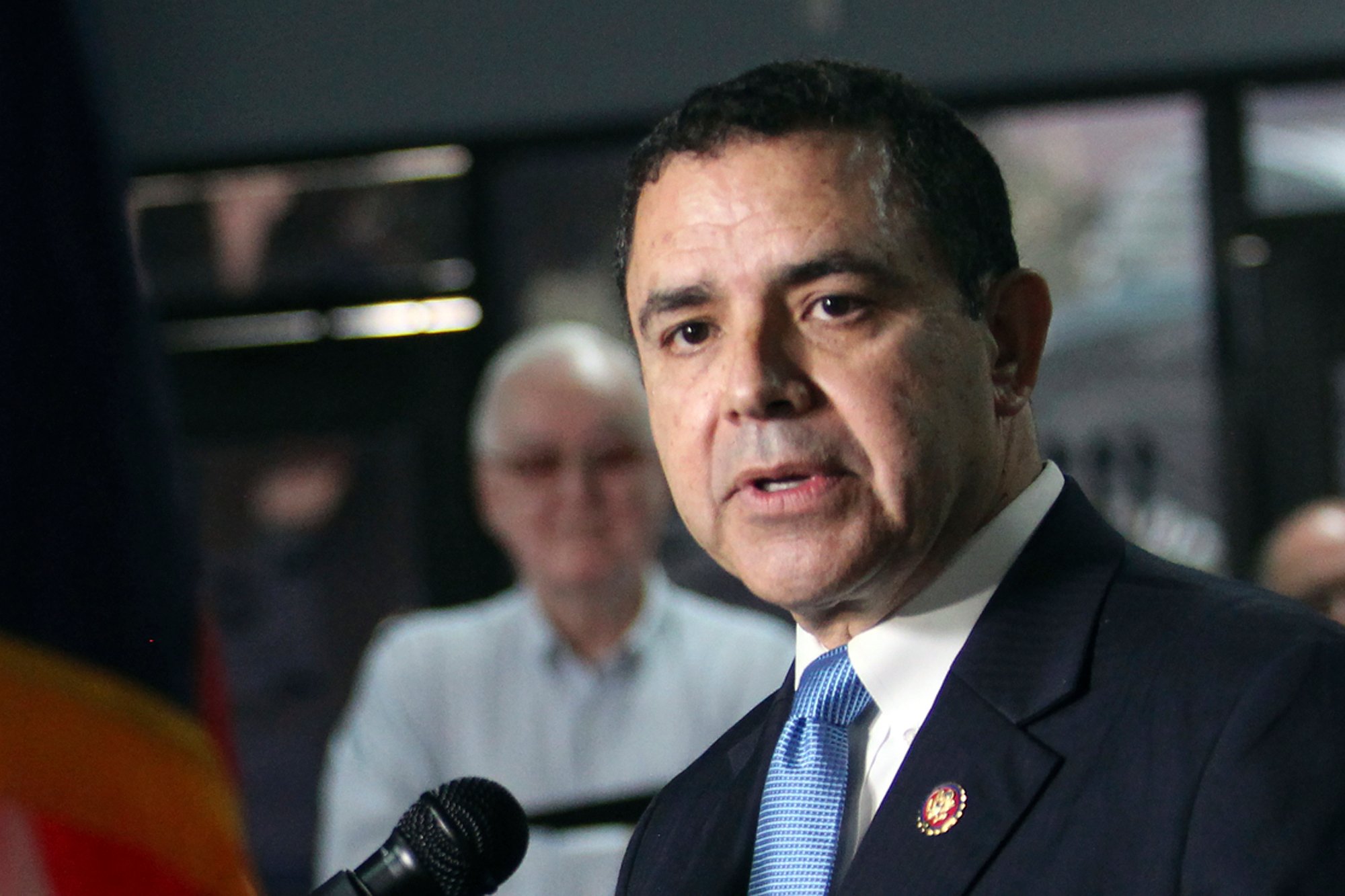ustxtxb_obs_2006_10_06_50_00022-00000_000.pdf
Page 23
BOOKS & THE CULTURE The Incontinent Congress BY LOU DUBOSE The Broken Branch: How Congress is Failing the American People and How to Get it Back on Track By Thomas E. Mann and Norman J. Ornstein Oxford University Press. 272 pages, $26 T he cub reporter concluding his first day at the Legislature was appalled by what he had witnessed: vacuous oratory, ad hominem attacks, lob byists buying votes, and a shoving match on the House floor. “If you think they’re bad,” said the cynical bureau chief, “wait `til you see their constituents.” There’s a certain received wisdom in the timeworn newsroom joke. The men and women we elect represent us and are probably representative of us. As a reporter for this publication, I thought I would never see anything as base, corrupt, or outrageous as what I witnessed at the Texas Legislature. Chicken magnate Lonnie “Bo” Pilgrim handing out $10,000 checks on the floor of the Senate; Gov. George W. Bush promoting an emissions-control bill drafted by a sludge-pit lobbyist; Ron walking onto the Capitol steps in KKK drag; and 20 piss-wit House Democrats repeatedly voting for tort reform legislation paid for by the same interests that were spending millions to defeat them at the polls. I was also privileged to witness acts of courage and intelligence, such as Garnet Coleman and Elliott Naishtat blocking Bush’s first attempt to privatize social services, Ernie Glossbrenner fighting for equitable school funding, Pete Laney obstructing Bush’s attempt to cut health insurance for children of low-income families, and Paul Sadler demanding a system of taxation that would equitably fund the state’s public schools. Yet the venal, the corrupt, and the dishonestremember Arlene Wohlgemuth arguing that health insurance for indigent children infringed on the right of poor parents to keep their children uninsured?always surpassed the good. A legislative system more corrupt, compromised, and dysfunctional was beyond my imagination. Then I went to Washington to spend a year following Congressman Tom DeLay. It is with Majority Leader DeLay and Speaker Denny Hastert’s hijacking of representative democracy that Thomas Mann and Norman Ornstein open their short, insightful book. They are specific. The act of hijacking begins at 3 a.m. on November 23, 2003. Richard “Doc” Hastings announces from the speaker’s chair that time for debate on the Medicare prescription drug bill has expired. “Members will have 15 minutes to record their votes,” Hastings says. With this simple procedural step begins the most disgraceful public spectacle in modern congressional history. There could be no better set piece with which to begin a book on the systemic failure of Congress. The prescription drug vote, extended from 15 minutes to two hours and 51 minutes, illustrates almost every institutional failure Mann and Ornstein discuss in a book that has already made the Texas version of Oprah’s Book Club: Former UT System Regent Bernard Rapoport’s personal book distribution list. The bill was drafted by the pharmaceutical lobby in collaboration with Republican members of the Ways and Means Committee. Democrats on the committee were shut out. It was a major White House initiative, yet the Bush administration demonstrated its contempt for Congress by refusing to reveal the cost of the program. Hastert brought Health and Human Services Secretary Tommy Thompson onto the House floor to impress upon reluctant Republicans the administration’s determination to pass the bill, although House rules prohibit nonmembers from lobbying on the floor. The bill was “debated” under a modified closed rule that prohibits amendments. The lobbyists who drafted and supported the bill had arrived at their positions through the K Street Project, a political machine DeLay used to ensure that only Republicans were hired by influential corporate lobbying firms. As the morning dragged on with the vote count frozen at 215 yeas to 217 nays, DeLay threatened to sink the campaign of the son of Michigan Congressman Nick Smith, who was retiring and supporting his son’s effort to replace him. Someone in the leadership apparently offered Smith $100,000 in campaign cash if he would change his vote. Then DeLay went to work on Republicans Butch Otter and Trent Franks. They capitulated, changed their votes, and other Republican representatives who had just been phoned by the president fell in behind them. The gavel came down on a final winning margin of 220-215. The drug benefit vote even illustrated the institutional failure in the Senate. After the bill was passed in violation of the House’s canonical 15-minute limit on roll call votes, the speaker and the chair of Ways and Means excluded critical Democratic senators from the HouseSenate conference committee. If House Republicans were the agents advancing this particular fraud, Senate Democrats were their passive collaborators, standing silently as Minority Leader Tom Daschle was one of several Democrats barred from the conference committee. Mann, a senior scholar at the Brookings Institute, and Ornstein, a resident scholar at the American Enterprise Institute, use the 2003 prescription drug vote to raise the obvious question: How did the Congress reach such a state of dysfunction? They point out that the Republicans 22 THE TEXAS OBSERVER OCTOBER 6, 2006


